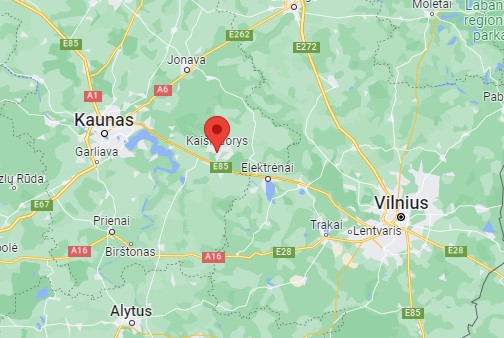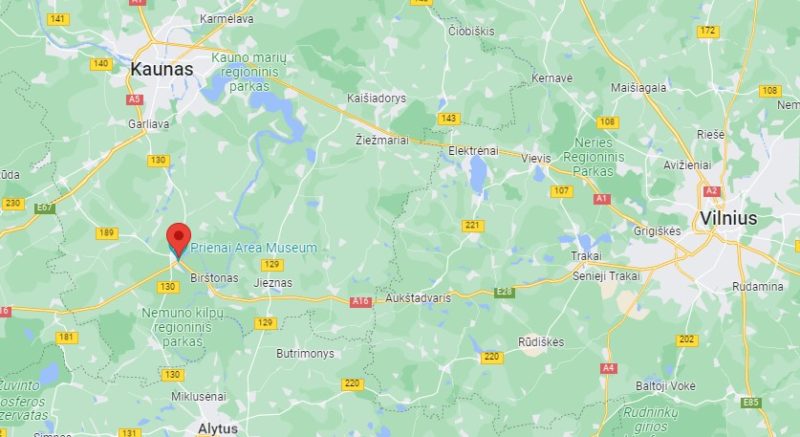I heard the news in the late afternoon: a missile strike on Polish territory. It’s what we’ve all been worried about, consciously or unconsciously, since Russia’s unconscionable attack on Ukraine began almost nine months ago. “It wouldn’t take much for a Russian missile targeting western Ukraine to strike in Poland,” we thought, and it appears to have happened.

 It includes the Jäger Report in full. What is this report?
It includes the Jäger Report in full. What is this report? It’s page after page of tabulated columns indicating the date, the location, and the number of victims as Einsatzkommando 3 moved through Lithuania, killing Jews. Two back to back entries stand out:
It’s page after page of tabulated columns indicating the date, the location, and the number of victims as Einsatzkommando 3 moved through Lithuania, killing Jews. Two back to back entries stand out: